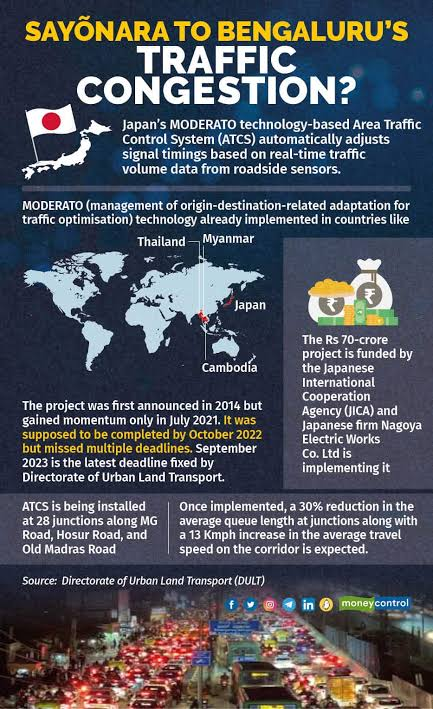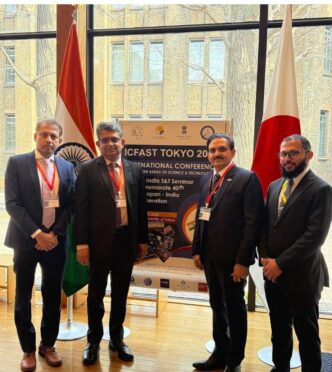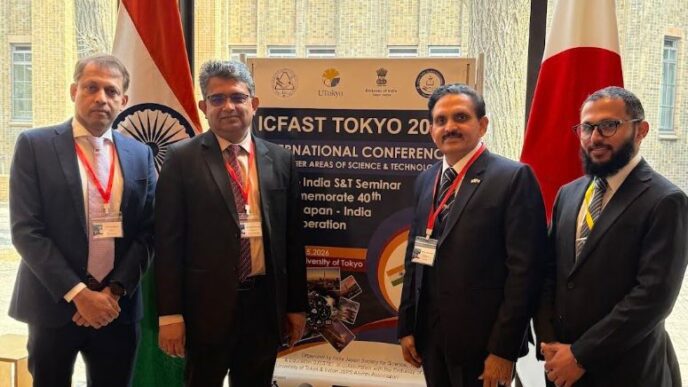Two Cities, Two Stories
On paper, Tokyo and Bengaluru may seem like urban equals. Both are sprawling, bustling metropolises with booming economies and rich cultures. But when it comes to urban mobility, their stories couldn’t be more different—and the consequences of their choices are showing up in traffic jams, pollution, and the everyday lives of their citizens.
The Tokyo Model: Fast, Efficient, and Mass-Scale
Tokyo, with a population of 3.6 crore, has built one of the most impressive public transportation networks in the world—4,715 km of suburban rail and metro. It’s not just the length that impresses, but the impact: the city’s rail systems move 4 crore people daily. That’s more than the city’s entire population—because people choose to use it multiple times a day.
Thanks to this, only 8% of Tokyo’s population uses private vehicles. The result? Cleaner air, smoother roads, and better access for everyone, regardless of income.
Bengaluru’s Struggle: Stuck in the Slow Lane
In contrast, Bengaluru, home to 1.5 crore people, has just 70 km of metro rail. While the city does have a decent bus network and a strong tech-driven cab economy, 73% of its people still rely on private vehicles.
This has led to massive traffic congestion, air pollution, and long commute hours, robbing the city of its livability. The urban dream becomes a daily grind when citizens spend more time in traffic than at home or work.
The Bigger Picture: Why Transit Infrastructure Matters
What sets Tokyo apart isn’t just the trains—it’s the vision behind them. Investing in multimodal, large-scale public transport allows cities to grow more sustainably and inclusively. It means people can live farther from their jobs and still have fast access. It means the elderly, students, and low-income citizens can travel with dignity and safety.
In Tokyo, transport is a public service and an economic engine. In Bengaluru, transport is still largely seen as an afterthought or a crisis response.
The Industry Puzzle: Is This a Threat or Opportunity?
This public transport shift also raises a key question for the automobile industry. If fewer people rely on cars, what happens next?
On one hand, demand for personal vehicles could drop. But on the other hand, this shift could push the auto sector to innovate—focusing on shared mobility, electric vehicles (EVs), last-mile delivery vehicles, and smarter urban logistics. The future may not be about selling more cars, but selling smarter ways to move.
Can Indian Cities Catch Up?
To reach Tokyo-level efficiency, Indian cities need more than just infrastructure—they need planning, execution, and political will. It’s about building for the long term, not just patching up what’s broken. Bengaluru has the brains and the talent—it now needs the backbone of mobility to match.
The choice is clear: keep expanding roads for more cars, or invest in transit systems that make cities better for everyone.
FAQs
Q1: Why does Tokyo have less traffic than Bengaluru despite having more people?
Because Tokyo invested early and heavily in public transport—metros and trains that people trust and use daily. So, they don’t need to own a car to move around comfortably.
Q2: Will better public transport kill the car industry?
Not kill, but change it. As people shift from owning cars to using shared or electric mobility, car companies will need to innovate in new directions, like EVs, fleets, or urban delivery vehicles. It’s not the end—it’s a new beginning.
















